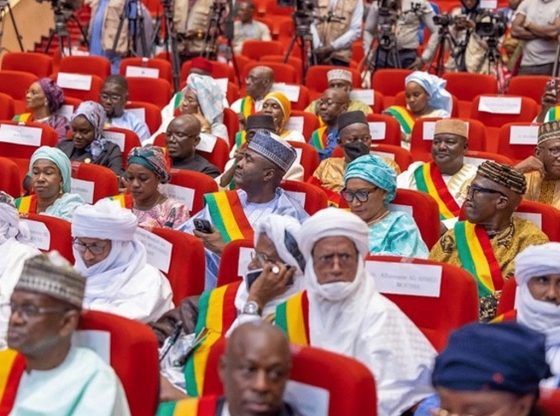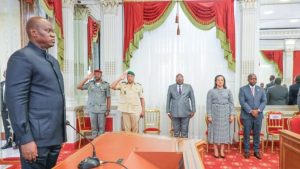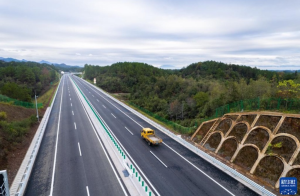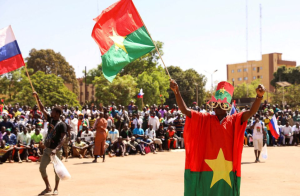Mali: Security, political, and socioeconomic reforms are being adopted to strengthen social cohesion

President Assimi Goïta has convened the National Transitional Council for an extraordinary session to examine major draft laws concerning security, development, and more—measures crucial to the smooth progress of the national refoundation process. If adopted, these bills will have a far-reaching impact on Mali’s security, political stability, and socio-economic development.
At the heart of this session lies the National Charter for Peace and National Reconciliation, a key instrument aimed at strengthening social cohesion and easing internal tensions in a context where stability remains fragile. The charter could serve as a foundation for inclusive governance rooted in dialogue and recognition of national diversity.
The creation of a Special Operations Command and a General Directorate for Prison Administration reflects a clear intention to boost operational and institutional capabilities in the security sector. These reforms will improve coordination among security forces, enhance detainee management, and ensure a more effective response to asymmetric threats facing the country.
On the development front, projects such as the creation of a Research and Training Center for Light and Textile Industries, and the ratification of an additional financing agreement for the Bamako Urban Resilience Project, demonstrate a strong commitment to economic recovery, professional training, and improving urban living conditions.
These initiatives are part of a broader vision for sustainable transformation, aligned with Mali’s ambitions for economic sovereignty and job creation. Finally, the proposed organic law on constitutional exceptions strengthens the rule of law by allowing citizens to challenge the constitutionality of laws—thereby reinforcing democratic safeguards during the transition process.






